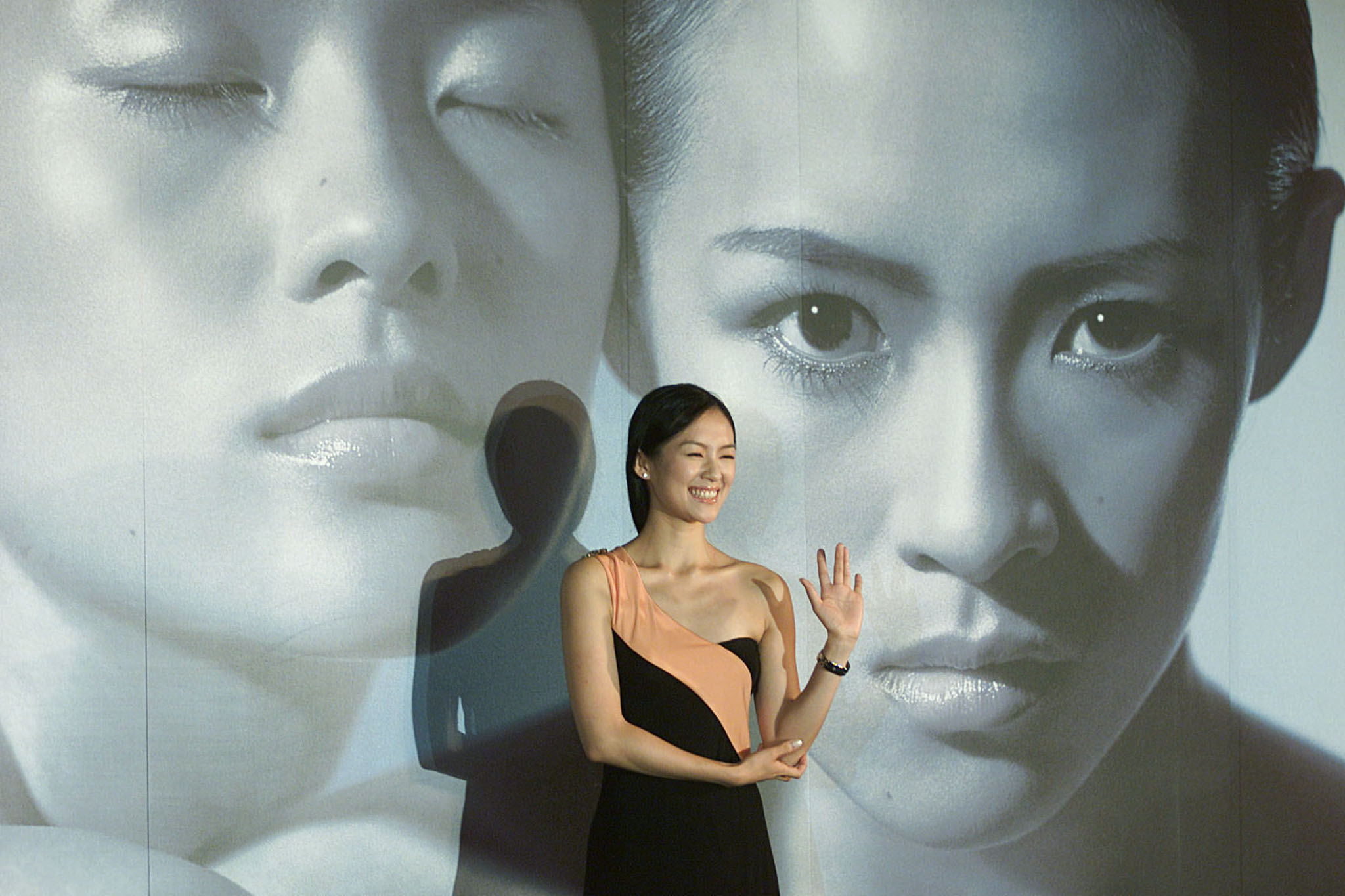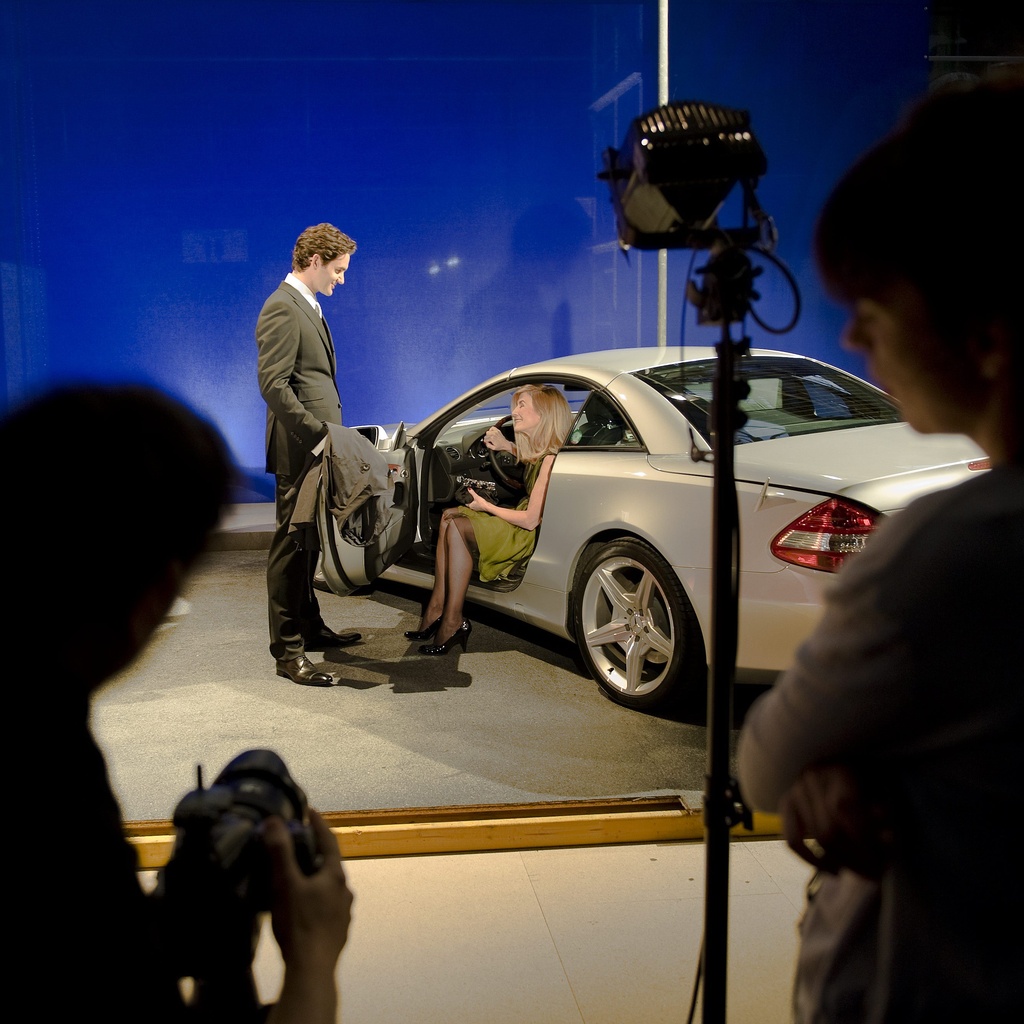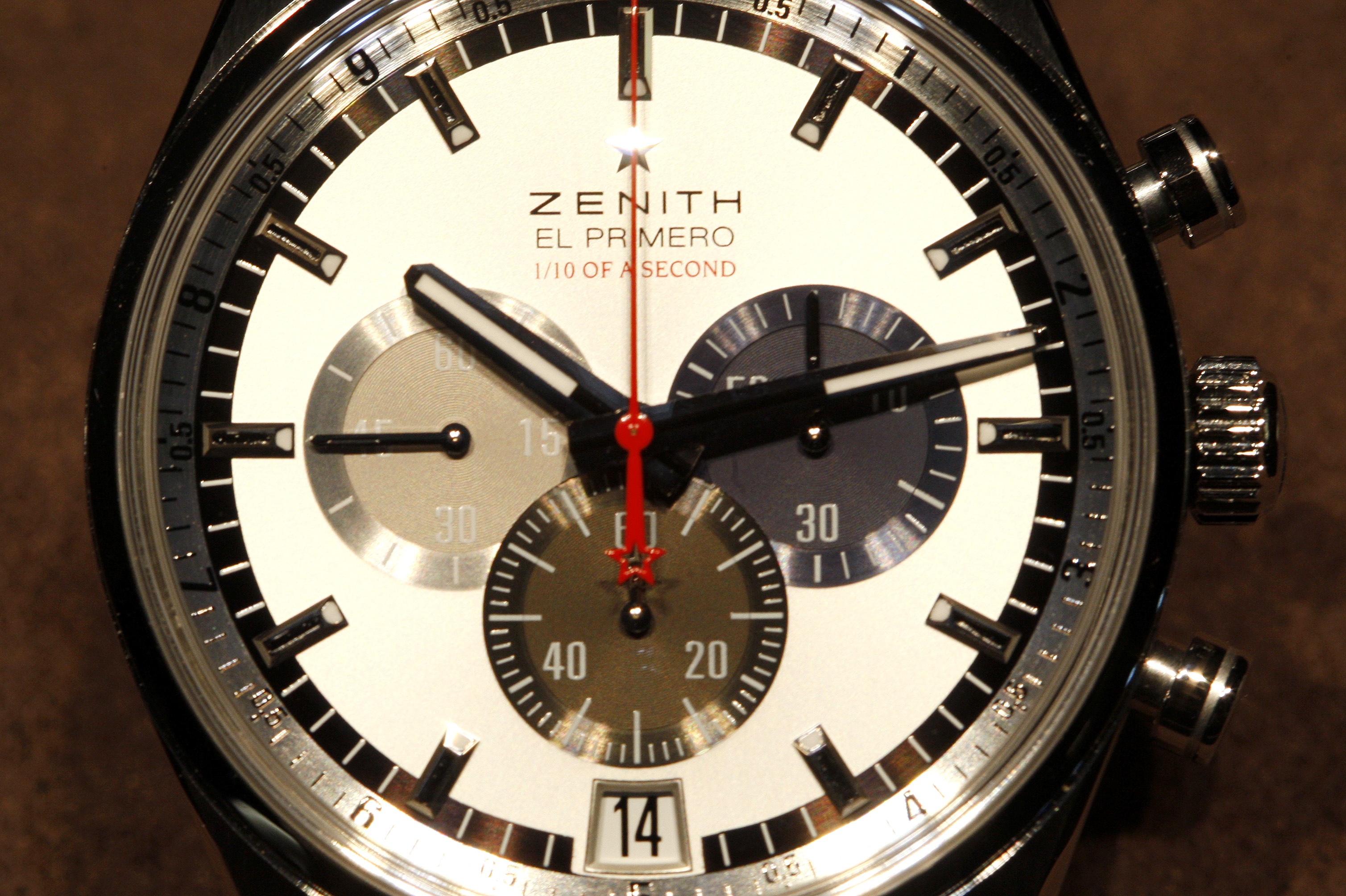Rolex looks to renew classic brand

The announcement by Swiss luxury watchmaker Rolex that it had replaced its CEO with a duo specialised in sales and marketing has set industry tongues wagging.
In a surprise move earlier this month, privately-owned Rolex said it would replace former banker Bruno Meier as chief executive after just two years in the job.
Head of Rolex Italy Gian Riccardo Marini, 62, was named as CEO with immediate effect, while Daniel Neidhart, 49, has been appointed to the new position of head of foreign subsidiaries, based in Hong Kong.
“Taking into account the development of industrial and commercial activities of the group in Switzerland and abroad, the board has decided to update the structures of the business,” the Geneva-based company said in a statement.
Together, the twin appointments signal a shift in strategy for the secretive luxury watchmaker, which analysts say has struggled to capitalise on the potential of emerging markets in Asia and the Middle East.
Jon Cox, analyst at Kepler Capital Markets, told swissinfo.ch the new team should bring some “marketing savvy” to the company at a time when the global luxury watch market is on the rebound.
“These guys will be focusing on pepping up the brand a little bit and also further expansion into emerging markets,” Cox said.
Frustrated ambitions
That Rolex replaced its banker CEO by a 40-year company veteran and added a deputy to handle emerging markets from Hong Kong is a sign that developing the Chinese market and consolidating its position in other markets is top priority, said Kalust Zorik, cofounder of the watch making institute at Switzerland’s ARC technical school.
“The brand is far from being number one in the United States (the world’s leading luxury watch market) and only four or five in China,” said Zorik. “Rolex’s ambitions have probably not been achieved in terms of market presence.”
Michel Gutsatz, a consultant with brand strategy agency The Scriptorium Company, agrees. He told swissinfo.ch that Rolex has seen sales fall in recent years and its dominant position in the crowded luxury watch market is no longer assured.
“They didn’t know how to anticipate the development of the Chinese market in the way other brands did,” said Gutsatz. “So they found themselves, in global markets, but particularly in the Chinese market, in a fairly difficult position.”
Cox estimated the company’s sales at round $5 billion (SFr4.42 billion), about half of which he said would be made in emerging markets.
“If you look at the overall watch industry, probably half the watches from Rolex are bought by emerging market clients now. It’s important that the shops and the brand are well positioned in emerging markets.”
Retail expansion?
Zorik said the appointments suggest Rolex may be considering a move into retail by launching its own chain of stores. Until now the brand has always relied on retail partners, such as the high-end Swiss retailer Bucherer, to stock its wares.
“The fact that they have created a senior position responsible for foreign business subsidiaries indicates they have perhaps decided to open their own stores, but that still remains a question mark,” said Zorik.
Cox predicted the company would increase its collaboration with retail partners rather than opening its own chain of stand-alone stores.
“It’s a very big brand… you can never get enough shops to do that yourself, you need to rely on retailers,” Cox said. “I would be quite surprised if they started to open their own shops.”
New generation
How big Rolex actually is remains a secret. One of the few luxury watch makers to have remained privately owned (by a foundation owned by the Wisldorf family which founded the brand), Rolex does not reveal its sales.
Analysts suggest the changes at Rolex are as much about renewing the brand as they are about increasing market share.
“In this environment where the growth is so strong, I’m sure they’re doing very well anyway, but I think they could do better and maybe focus more on winning market share,” said Cox.
He said the brand could do more to modernise itself, describing its designs as “classic, but maybe somewhat dated”.
“Rolex is a fantastic brand, the name itself, but if you start to look at the products, Rolex has been slightly behind the curve in terms of the innovation we’re seeing both in terms of design and engineering,” said Cox.
Gutsatz said the elevation of Marini and Neidhart was a generational change which followed “internal difficulties” at the company. But he said the company has more of a problem with its marketing strategy than with the products themselves.
“If you look at the marketing of Rolex since the 1940s it has sold a single idea, that it is the watch of global power. Where they were very astute, was that for each era they changed the images of power (that they used),” Gutsatz said.
“But for ten years, they haven’t changed anything. I think that’s where they need to renew more than anything else.”
The Swiss watch industry, exported some 26.1 million watches in 2010 and is comprised of an array of small and medium enterprises (SMEs) which are often takeover targets for the four leading global watch industry players: Swatch Group, Richemont, LVMH and Rolex.
Global leader Swatch Group reported sales of SFr6.44 billon in 2010. Listed on the Swiss stock exchange but with 40% of its capital controlled by the Hayek family and its entourage, Swatch Group employs 25,000 people and controls 19 brands, including Breguet, Blancpain, Glashütte, Omega, Longines, Rado, Tissot and Swatch.
Created by South African Johann Rupert, Richemont is the world’s third largest luxury group. Based in Geneva and listed on both the Swiss and South African stock exchanges, the company reported sales of €5.18 billion (SFr6.5 billion) in 2010, including €1.35 billion in the watch sector. Richemont employs some 20,000 people and owns brands including Cartier, Piaget, Vacheron, Constantin, Jaeger-LeCoultre, IWC and Panerai.
Under the direction of Bernard Arnault, who owns a large minority share, LVMH is the world’s leading luxury company, reporting €20 billion in sales in 2010 and employing more than 80,000 people. Based in Paris and listed on the French stock exchange, the group owns watch brands including Tag Heuer, Zenith and Hublot. It has recently acquired Italian luxury company Bulgari, which does a quarter of its sales in watches.
Controlled by the Wisldorf family Foundation, Rolex remains a privately-owned company. Based in Geneva with its production in the Biel region near Bern, Rolex, along with its second brand Tudor, employs 9,000 people, including 6,000 in Switzerland. Industry observers estimate the group’s turnover at between SFr2.5 billion and SFr3.5 billion.

In compliance with the JTI standards
More: SWI swissinfo.ch certified by the Journalism Trust Initiative












You can find an overview of ongoing debates with our journalists here . Please join us!
If you want to start a conversation about a topic raised in this article or want to report factual errors, email us at english@swissinfo.ch.